Viele in der Schlange wissen nicht genau, ob sie überhaupt reinkommen werden, am Morgen nach der Besetzung der Hamilton Hall auf dem Morningside Campus der Columbia Universität in New York. Der Zugang zum umzäunten Hauptcampus ist schon seit Beginn des pro-palestinänsischen Protestcamps nur noch mit einem Universitätsausweis möglich, den alle Studierende und Mitarbeitende der Columbia … weiterlesen
Safety Within and Without: Gefühlspolitik entlang der Proteste an der Columbia Universität
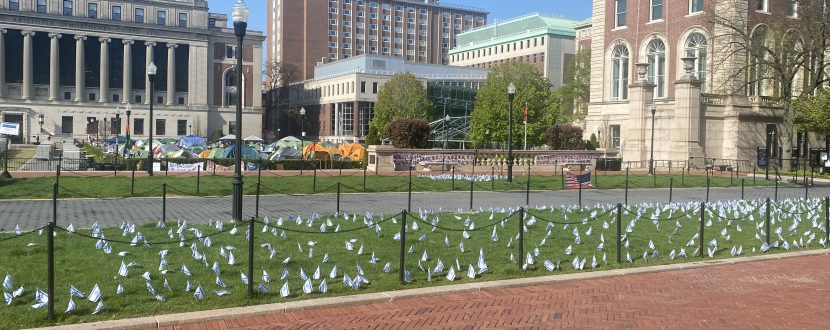



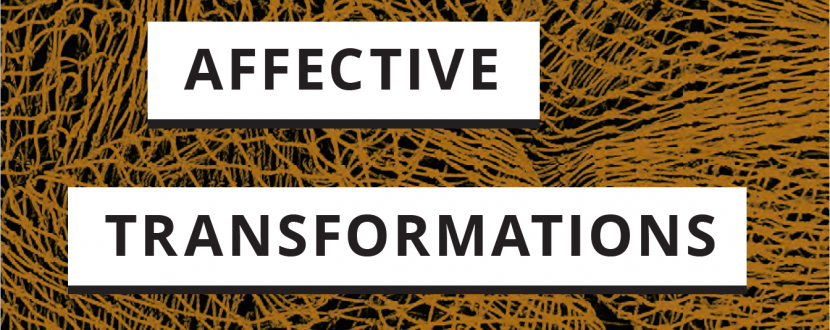
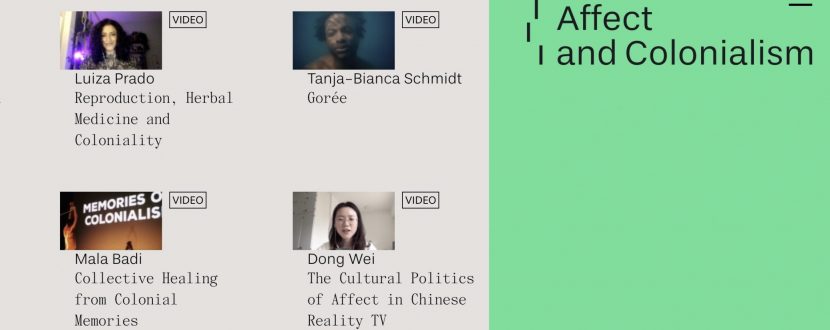
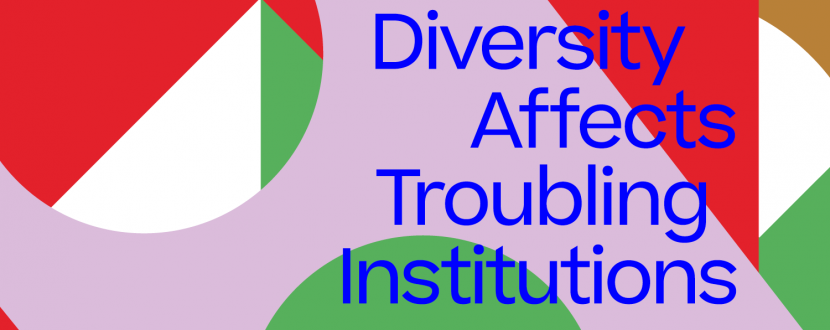
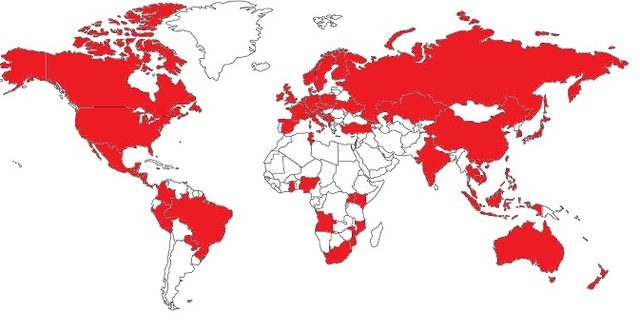
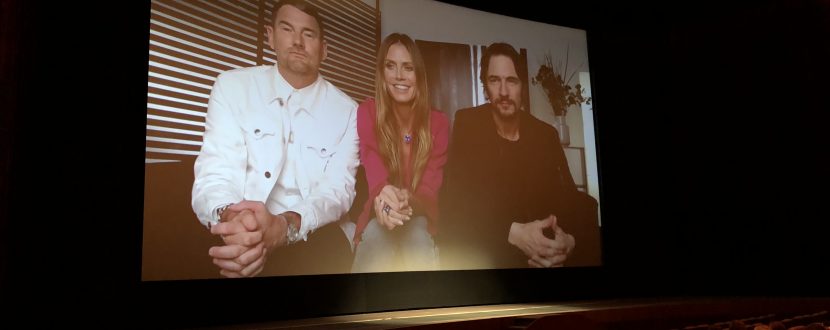



 ältere Posts
ältere Posts